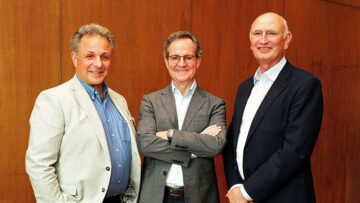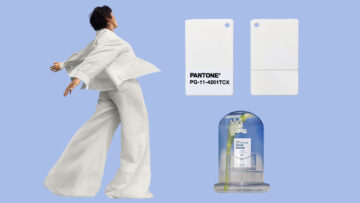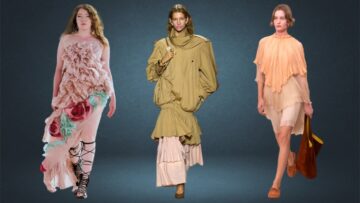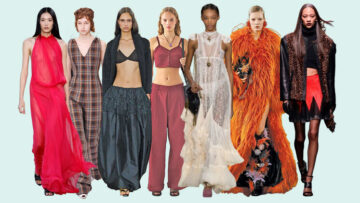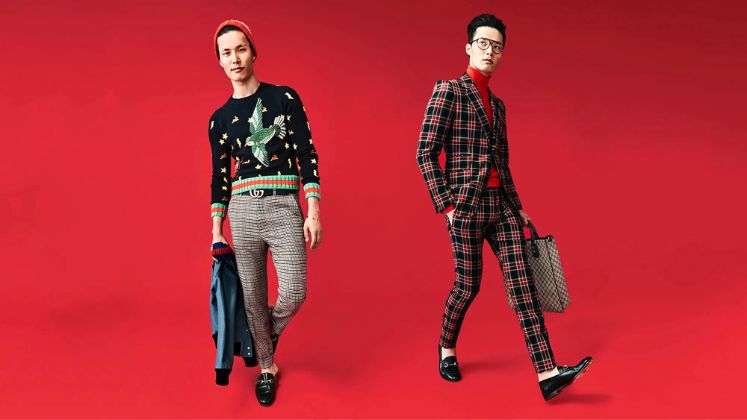 A minor increase in the group’s performance in key areas, including China and the US, encouraged investors despite luxury conglomerate Kering’s fourth-quarter sales being negatively impacted by a persistent decline at its flagship brand, Gucci, the company said on Tuesday.
A minor increase in the group’s performance in key areas, including China and the US, encouraged investors despite luxury conglomerate Kering’s fourth-quarter sales being negatively impacted by a persistent decline at its flagship brand, Gucci, the company said on Tuesday.
Early trading saw a 5 per cent increase in the French group’s shares as investors seized on optimism that the business had reached a turning point.
According to a Visible Alpha consensus reported by UBS, Kering’s sales decreased 12 per cent in October-December on a comparable basis from a year earlier, driven down by a 24 per cent decline at Gucci, but in line with forecasts.
Kering CEO François-Henri Pinault, in a statement, expressed that the group has reached a stage of stabilization and will gradually begin to resume growth. He also confidently stated that Gucci will make a comeback, with no doubts in his mind about the brand’s future success.
In an attempt to revitalise the brand, which generates almost two-thirds of recurring operational profit and over half of group sales, Stefano Cantino fired Gucci designer Sabato de Sarno last week in his first significant action since taking over as CEO of Gucci in January.
A worldwide decline in the demand for luxury goods hindered Kering’s attempts to revive Gucci with a new, minimalist design philosophy from De Sarno, who took over the role two years ago.
According to consulting firm Bain & Company, luxury sales dropped 2 per cent internationally last year due to a real estate crisis in China, a significant market for Gucci, and the industry’s sales rate is the slowest in years.

